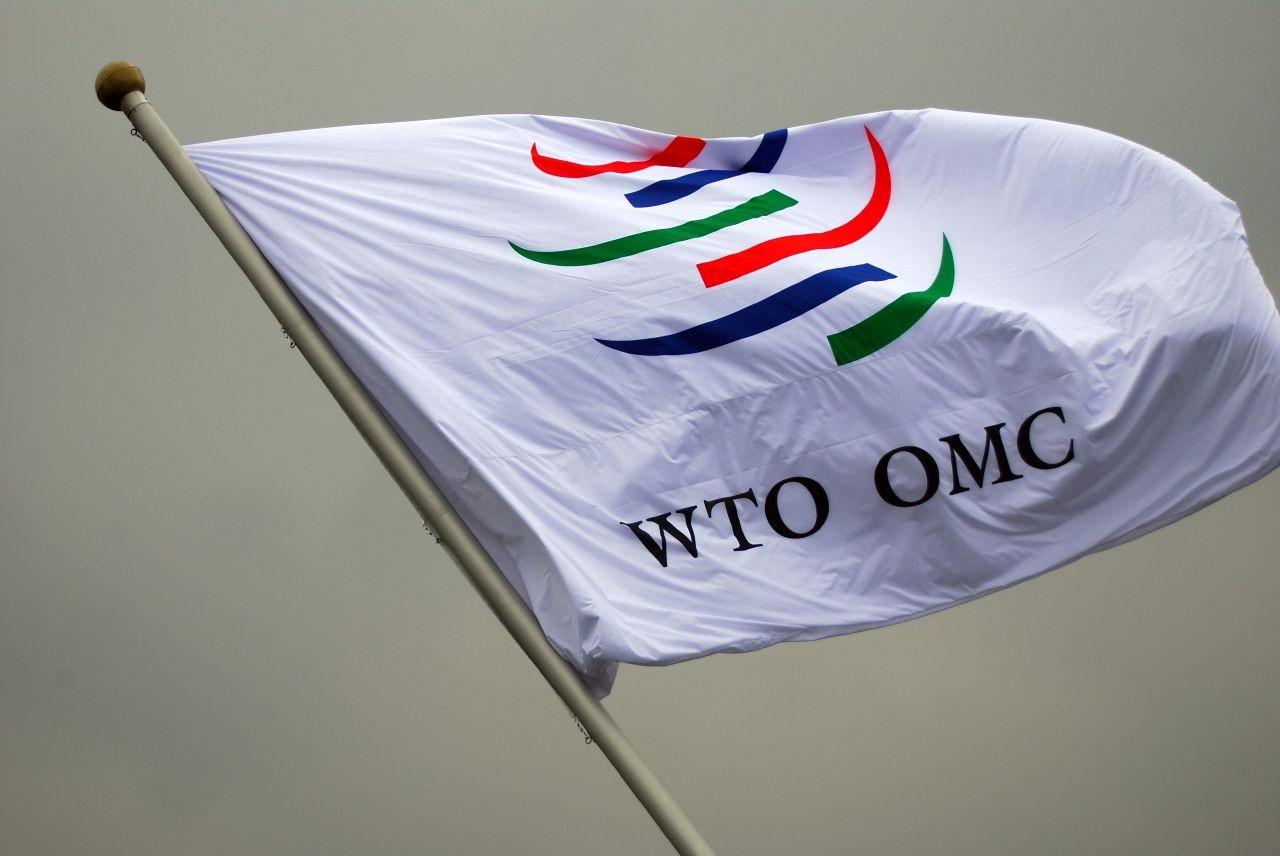With a new Director General, can the WTO become a force for progress again?

Six months after the resignation of Roberto Azevédo the World Trade Organization (WTO) finally has a new leader. With Dr. Ngozi Okonjo-Iweala, the WTO is breaking new ground twice: for the first time in WTO history a woman is the Director-General, and for the first time the WTO is headed by an African woman.
Both are good news. The best news, however, seems to be that a highly qualified and very experienced female candidate has secured the approval of the 164 WTO member countries, after the United States (US) finally dropped its opposition.
It is time to fill the void, because the WTO urgently needs a boost. Even before the Director General's resignation in August 2020, the organization suffered from various problems. Three outstanding issues stand out in the view of most observers: the dispute settlement mechanism; the WTO's lack of the right of initiative; and the principle of full consensus decision-making. It is worth assessing each of these issues in turn.
First, the U.S. has repeatedly raised concerns over the dispute settlement mechanism for many years (not just during the Trump presidency). The dispute settlement mechanism is the means by which WTO members benefit from a rules-based process for resolving trade disputes. For example, the first step in a dispute requires formation of an independent WTO panel, which then assesses the submitted evidence and makes an award in favour of one party to a bilateral dispute.
The losing party can appeal to the Appellate Body, which is supposed to have seven judges and needs at least three judges to be operational. As a result of the U.S. preventing the replacement of retiring judges for many years, the number of judges fell below this minimum number in December 2019; as of November 2020, there are no judges at all on the Appellate Body. The background to this blockade is U.S. dissatisfaction with the dispute settlement mechanism, for reasons shared by many other members. Unblocking the dispute settlement will not be easy, and will need to be high on the agenda for the new Director General.
Next up the WTO’s ‘right of initiative’. Since its inauguration, the WTO has had no right to propose liberalization initiatives and agreements. Instead, the initiative must come from the member countries. The organization is thus member-driven. However, it is obvious that given the concentrated expertise and motivation of the secretariat, as well as its extensive networks globally, a legal capacity to initiate various initiatives in the member countries could be highly constructive. This would allow the Director General to be more than a facilitator, and all the WTO to marshal its considerable resources in a more proactive way than currently.
Finally, the requirement for consensus decision-making, combined with the requirement that every item of a negotiation is part of a whole and indivisible package that prevents carving out sections that can be agreed from those which cannot (single undertaking), represents an increasingly effective barrier to reform. Thus, aside from the difficulties of getting consensus on highly complex issues that impact domestic policy space, it is also the case that any single undertaking can be vetoed by any member.
One way out is so-called plurilateralism, i.e. agreement among a few member countries on certain issues such as e-commerce, environmental protection or investment promotion. Plurilateral initiatives already exist within the WTO on these and other issues. In the future, it cannot be ruled out that some WTO members will more regularly wish to use this approach to bypass opposition of members who have no real interest in the issue at hand. Rules will have to be found for this process.
After all, the immediate future is at stake. World trade can only get going and prosperity can only be secured if there is sufficient vaccine against Corona everywhere in the world. During the crisis, there have been repeated echoes of nationalism, for example export bans on masks or, most recently, the announcement of export controls on vaccines in the European Union (EU). This is definitely the wrong way to go. Here, the WTO can certainly contribute to a change of perspective from the short term (vaccine today) to the long term (division of labor tomorrow), both with factual analyses and with a clear stance.
Even though all these problems cannot be solved without the willingness of member countries to compromise and move forward, the solution is much easier with a strong leadership by the organization itself, equipped with firm principles and courage. If one measures the new Director General by her resume to date, there is hope. Dr. Okonjo-Iweala has long been active at the executive level of the World Bank, and as a minister in her home country of Nigeria she initiated significant reforms. She has political and diplomatic experience and is regarded as both assertive and accessible.
Thus, this constellation offers many opportunities. If the Director General makes intensive use of the organization with its excellent network in science, administration and business, seeks detailed and careful dialogue with all member countries and draws on the great expertise in the WTO, she will certainly be able to set impulses that go far beyond what has been achieved so far. Not only to help shape reform processes, but also to steer them actively. One can only wish the WTO and its new Director General much success in this, given its vast positive contribution to world trade these past decades.
Andreas Freytag, Professor and Chair of Economic Policy, Friedrich Schiller University, Jena and Visiting Professor with IIT
The views expressed here are the authors’, and may not necessarily represent the views of the Institute for International Trade
Photo credit: Enrique Mendizabal
This work is licensed under Commons Attribution-NonCommercial-NoDerivatives 4.0 International License.
IIT is a global leader in researching, analysing and commenting on International Trade.
Stay informed about our up-and-coming seminars, events, publications, awards, new projects and collaborations, and other exciting news.
